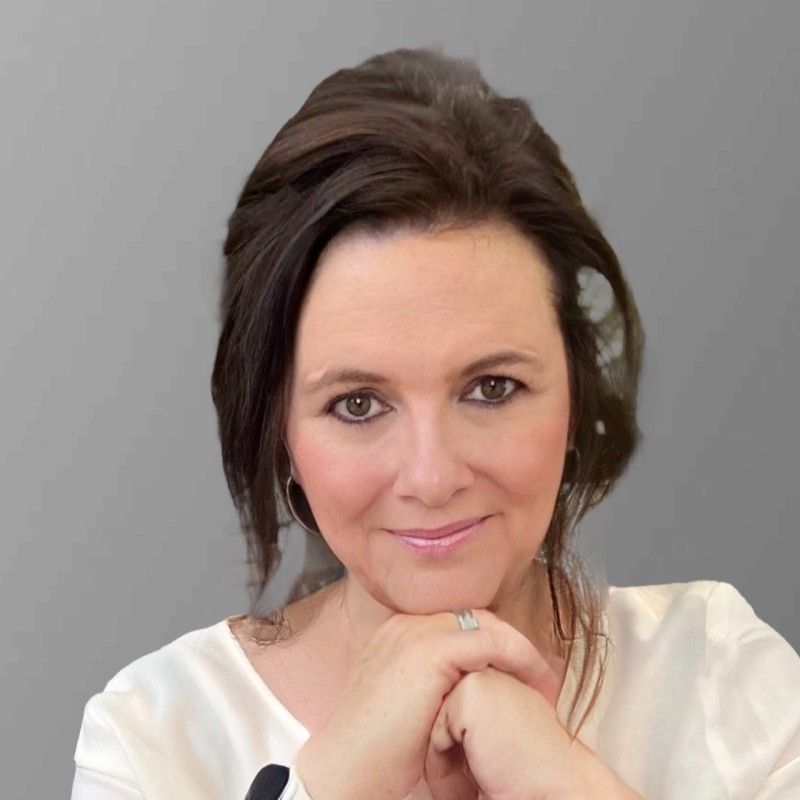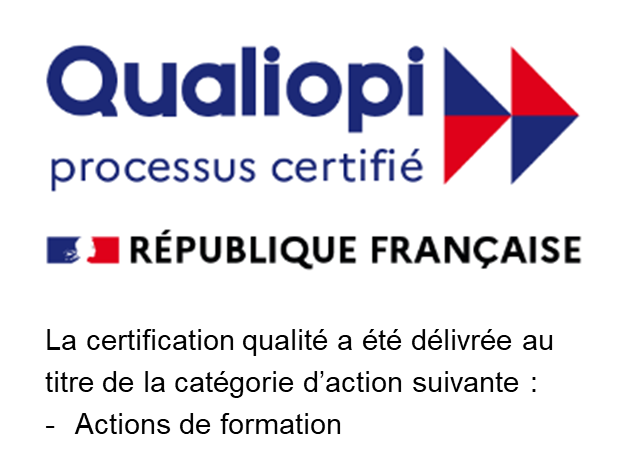UNDERSTANDING THE CULTURAL COMPLEXITIES OF OUR WORLD
NetExpat Team • July 11, 2019
Prof. Geert Hofstede is interviewed by Alain Verstandig, President, NetExpat Group
Alain Verstandig: Professor Hofstede, about 30 years ago, you dedicated yourself, as no one else had, to understanding the cultural complexities of our world. If you had to conduct the same extensive study today, what would your dimensions and scores be?
Prof. Geert Hofstede:
Our world and its population has indeed changed since the late 80’s. My Dutch colleague, Sjoerd Beugelsdijk, compared data from the World Values Survey related to the six dimensions in our 2010 book, across two generations, 30 years apart, and his findings are very interesting. Take the dimension “Power Distance”, which measures how societies handle inequalities among people: people in societies scoring high in “Power Distance” accept a hierarchical order in which everyone has a place. In societies with low “Power Distance” scores, people constantly challenge inequalities of power. When you compare scores across 30 years, all cultures have gone down: our whole world is less hierarchical and requests more justification when facing inequalities. But the difference between countries has remained the same. All of the data I collected 30 years ago is still relevant and highlights relative positions of one country to the other, which has not changed much. What we have found is that all countries have evolved together.
The same applies to “Individualism”: all cultures today have become more individualist compared to 30 years ago. People from all cultures are expected to take care of themselves and their immediate families. Today, people’s self-image is more defined in terms of “I” than “we”. But here as well, differences between countries have remained the same.
The third dimension for which this is the case is our latest addition “indulgence versus restraint”: a measure of subjective feelings of happiness. “Indulgence” stands for a relatively free gratification of basic and human desires related to enjoying life and having fun. Its opposite, “restraint”, stands for a conviction that such gratification needs to be curbed and regulated by strict social norms. The younger generation in all countries has moved to the “indulgence” pole, while the ranking of countries was not affected. The remaining three dimensions did not systematically move, and the rankings of countries, on which our scores are based, showed to be rather stable.
So, all my scores have been proven to be quite stable over time. The forces that cause cultures to shift tend to be global or continent wide. This means that they affect many countries at the same time, so if their cultures shift, they shift together, and their relative positions remain the same.
AV: The word “culture” is often used to represent completely different concepts: what differences do you see between national cultures and corporate cultures?
GH: My research, along with the research of others, shows that national cultures tend to be acquired during the first 10 years of our lives. National cultures are built on fundamental values: what we perceive as right and wrong. They are not in our mind, they’re in our guts.
On the other hand, corporate cultures or job cultures are acquired much later in our working environment: they are more a set of practices and are meant for everyone in an organization to work harmoniously and efficiently together.
Even if the same word “culture” is used in these two concepts, our core “national values” are of a completely different nature than “corporate cultures”. You find far less conflict between organization and national cultures than among different national cultures.
AV:
How critical are intercultural competencies in our modern world?
GH:
Well Alain, it is encouraging to see that a growing majority of young graduates are exposed, through their studies, to cultural differences. Programs like Erasmus and all the study abroad initiatives push our future workforce to discover what a worldwide citizenship could mean.
But there is a difference between being a global student and becoming an active global employee. I see an unfortunate tendency for adults who
are successful in their specialized career to think that they are superior and do not need any cultural sensitivities. But to be a true world citizen, one of the most important things is that you are genuinely interested in other people. Our world is indeed more global, but the recipe for success in any international endeavor is still the same: if you are only interested in yourself, if you just listen to yourself, if you have no time
to listen and discover others, then 30 years ago you would have failed, and you will fail today. Humility is still central to the notion of being a world citizen.
Share this post

Des brings over 25 years of global mobility expertise, beginning with guiding people through the life-changing decision of buying and selling homes before moving into relocation in 1990. His passion lies in building impactful, human-centered mobility solutions, shaped by personal relocation experiences and lessons in cultural awareness. At NetExpat, he thrives on the intrapreneurial energy of a global team that feels like a “27-year-old start-up,” inspired daily by colleagues’ talent and dedication. Motivated by the chance to create sustainable solutions that truly make a difference for individuals, families, and organizations, Des envisions mobility evolving into a strategic, end-to-end resource that elevates the human experience.

When organizations support mobile employees during an intercultural assignment, they benefit long after those same individuals repatriate. The trouble is, too many businesses don’t see repatriation as a component of the assignment, which can have negative outcomes for both them and the employees they’ve invested in: Without repatriation support, employees face a myriad of challenges, from reverse culture shock and career uncertainty to feeling diminished. Businesses end up paying the price, from employees being disengaged to losing talent altogether. Both have negative impacts on a company’s ROI.

Leadership styles vary widely across cultures—and when global teams work together, those differences can quietly shape everything from decision-making to team morale. What feels like clarity to one supervisor may feel like micromanagement to an employee from another culture. Respectful silence meant by one team member may be misread as disengagement by a leader with different cultural values and expectations. These mismatches aren’t about competence or intention—they’re about interpretation. And without cultural understanding, even high-performing teams can struggle. Training your workforce to navigate diverse leadership styles—to develop intercultural agility— is more than a soft skill. It’s a strategic investment. Employees need support to adapt to unfamiliar supervisory approaches. Leaders need coaching to flex their style in varying cultural environments. And organizations need expert partners who understand the hidden dynamics at play. Organizations that foster culturally agile teams build resilience and adaptability across diverse workforces. In addition to cultivating mutual understanding, they facilitate bridging gaps between leaders and their teams by encouraging open communication and flexible leadership approaches. This foundation further supports team collaboration, productivity, and innovation.

Tracy brings her passion for people, coaching, and consultative sales to NetExpat. With a background in business psychology and years of experience guiding individuals and teams, she thrives on building client relationships and supporting growth. Tracy values NetExpat’s culture of equality, collaboration, and respect, where every voice matters. Motivated by making a genuine impact, she envisions global mobility becoming increasingly diverse, strategic, and human‑centered in the years ahead.

At NetExpat, we believe that global mobility is more than logistics, it’s about people, families, and the human experience of moving across borders. That’s why we launched the Global Care Awards to honor the organizations who go above and beyond to support mobile talent with care, inclusion, and strategic vision.

What if your AI tools are unintentionally costing you great hires, damaging team morale, or shrinking your global reach? Cultural bias in AI happens when technology reflects the norms and assumptions of the culture it was built in. That means even the smartest algorithms can struggle to interpret behaviors or communication styles that differ from the data they were designed and trained on. The result? Missed opportunities, disengaged teams, and tech that undermines—rather than supports—your global strategy. In today’s interconnected workplaces, understanding and addressing cultural biases is ethical, but it’s also about business resilience and growth. This blog post offers a clear, practical overview of where these biases show up and how you can build AI systems that truly support diverse teams and markets, along with business sustainability and growth.

Today’s global hiring landscape is complex. A candidate’s ability to succeed isn’t just about their qualifications; it’s about whether they can thrive in a new geographic, cultural, and/or corporate environment. Too often, companies assume preparing for success starts at the onboarding phase, but, in reality, the most crucial hiring decisions happen much earlier—during the pre-decision phase. Why does this matter? Because hiring the right talent isn’t just about filling a role; it’s about ensuring long-term success. Without assessing readiness factors early, companies risk costly misplacements, cultural mismatches, and logistical hurdles that could have been avoided. This is where internal mobility and talent acquisition teams can align and collaborate to transform hiring into a truly strategic process – one that ensures the right talent is selected, supported, and set up for success.

When organizations outsource business functions to another country—whether it’s accounting, customer service, or tech support—they’re often hoping for a streamlined, cost-effective solution. But when intercultural differences aren’t factored into the strategy, the shift often results in the exact opposite: misaligned expectations, breakdowns in communication, and friction across internal teams. Time is lost, along with trust, satisfaction ratings, and even clients. Too often, stakeholders don’t even know why. When internal teams find themselves working across cultures, misunderstandings are common. The definition of “good service” in one country may feel intrusive or inadequate in another. Perceptions of hierarchy and respect vary widely, leading to unintentional offenses. And communication styles are so nuanced that even simple messages can be misread—causing delays, confusion, and strained relationships. Internally, employee engagement and productivity suffer. Clients may notice the shift too—especially in customer-facing functions. Intercultural agility is the solution.

Leadership wants metrics, but they also need clarity. When you see a business need or opportunity, building the right business case with data is the way to give that to them. It’s also the best way for you to get buy-in. This blog post will discuss how to use data to strengthen business cases and the role of business storytelling in securing buy-in.






